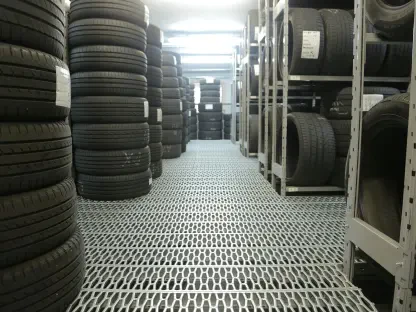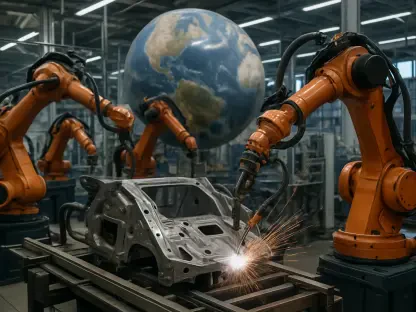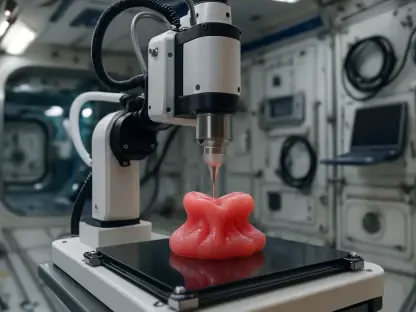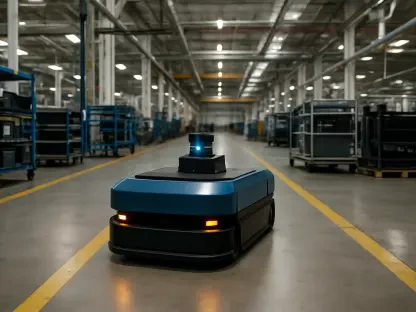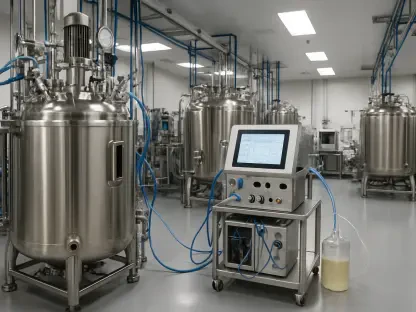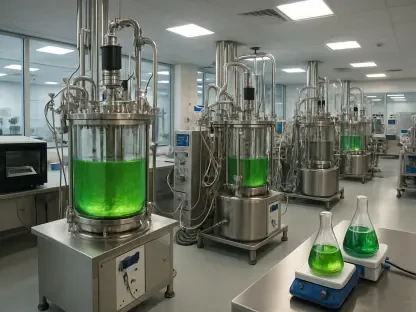As the 118th Congress approaches its conclusion on January 3, 2025, bipartisan efforts have led to significant legislative progress. Two pivotal bills—the Invent Here, Make Here Act and the Protecting American Industry and Labor from International Trade Crimes Act—have gained considerable traction.
The Invent Here, Make Here Act Gains Unanimous Senate Support
Addressing Manufacturing of Taxpayer-Funded Inventions Overseas
The Invent Here, Make Here Act, introduced by Sen. Tammy Baldwin (D-Wis.) and Vice President-elect JD Vance (R-Ohio), passed the Senate with a unanimous voice vote. This bipartisan legislation aims to address the prevalent issue of taxpayer-funded inventions being manufactured overseas, particularly in countries that pose significant concerns, such as China, Russia, and Iran. By strengthening the waiver process, this bill seeks to rectify loopholes that have previously allowed these practices to persist, thereby ensuring that inventions funded by American taxpayers are also manufactured within the United States.
The bill also emphasizes enhanced coordination between the National Institute of Standards and Technology (NIST) and other federal agencies. The goal is to ensure that taxpayer-funded innovations contribute directly to the American economy. Scott Paul, President of the Alliance for American Manufacturing, praised the legislation, noting that it adds much-needed accountability, transparency, and rigor to the waiver process. This ensures that American innovations do not fall into the hands of foreign adversaries, especially China, which has been a point of concern for the U.S. government and the public alike.
Enhancing Coordination Between Federal Agencies
The enhanced coordination mandated by the Invent Here, Make Here Act involves collaboration between NIST and other federal agencies to foster a robust and secure manufacturing ecosystem within the United States. This cooperative effort aims to streamline processes, boost the domestic economy, and prevent the outsourcing of American innovations. Such measures are essential in maintaining a competitive edge and safeguarding national security by keeping critical technological advancements within U.S. borders.
By ensuring that taxpayer-funded inventions remain within the United States, the bill hopes to create job opportunities and bolster the domestic manufacturing sector. This legislative move reflects a broader commitment to re-establishing America as a global leader in innovation and manufacturing. The unanimous support for the bill in the Senate underscores the bipartisan consensus on the importance of securing American economic interests and reducing dependency on foreign nations for critical manufacturing needs.
Protecting American Industry and Labor from International Trade Crimes Act
Establishing a New Justice Department Unit
The Protecting American Industry and Labor from International Trade Crimes Act has successfully passed the House, marking another significant step in protecting American workers and industries. Introduced by Rep. Ashley Hinson (R-Iowa) and supported by members of the Select Committee on the Chinese Communist Party, including Chairman John Moolenaar (R-Mich.) and Ranking Member Raja Krishnamoorthi (D-Ill.), this bill aims to establish a new unit within the Department of Justice (DOJ). This dedicated unit will be tasked with investigating and prosecuting trade crimes, thereby enforcing trade laws more effectively.
In her floor speech, Rep. Hinson underscored the necessity of holding China accountable for trade violations that harm American industries and workers. The bipartisan support for this legislation illustrates a shared understanding of the importance of protecting domestic manufacturing. By equipping the DOJ with the tools and resources needed to detect and penalize international trade crimes, the bill aims to create a level playing field for American businesses and workers.
Addressing the Impact of Trade Crimes on Domestic Industries
The establishment of a specialized DOJ unit to tackle trade crimes is seen as a crucial step in mitigating the adverse effects of customs fraud, intellectual property theft, and other illegal trade practices. These trade crimes have long plagued domestic industries, leading to job losses and economic downturns in affected communities. Scott Paul, from the Alliance for American Manufacturing, highlighted the urgency of addressing these issues by prioritizing trade crime prosecution.
Ensuring that this new DOJ unit receives adequate funding and resources is imperative for the effective execution of its mission. The bill’s passage signals a proactive approach to combating trade crimes, thereby fostering an environment where American industries can thrive without the detrimental influence of unfair trade practices. As Congress works toward the implementation of this new unit, the legislation is expected to inspire confidence among American manufacturers, encouraging investment and job creation within the country.
Conclusion: Strengthening American Economic Policy Through Bipartisan Legislation
As the 118th Congress approaches its conclusion on January 3, 2025, bipartisan efforts have led to notable legislative accomplishments. Among these achievements, two major bills have gained significant momentum. The first is the Invent Here, Make Here Act, which aims to boost domestic innovation and manufacturing by providing incentives for companies to develop and produce goods within the United States. This legislation is expected to enhance the country’s technological capabilities and create numerous jobs, thereby strengthening the economy.
The second key piece of legislation is the Protecting American Industry and Labor from International Trade Crimes Act. This bill seeks to safeguard American businesses and workers from unfair foreign competition. By enforcing stricter penalties for international trade violations and enhancing regulatory measures, this act aims to level the playing field for U.S. industries. Together, these bills represent a strong commitment to bolstering the American economy, fostering innovation, and protecting domestic labor in an increasingly competitive global market.


